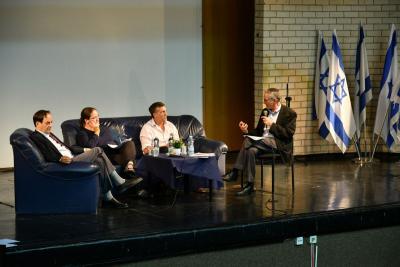
Round table discussion "Challenges for the Jewish World" (R-L) Yossi Gevir, Yad Vashem; Akiva Tor, Bureau for World Jewish Affairs at the Ministry of Foreign Affairs; Prof. Havi Dreyfus, Tel Aviv University; Dan Meridor, Israel Council Foreign Affairs
For more pictures click here
25 June 2019
How is it that only a few decades after the Holocaust, antisemitism is on a worrying rise worldwide? What is the difference between Holocaust denial and distortion, and why are they so prevalant today? And can anything be done to halt these phenomena as we enter an era where there will soon be no more Holocaust survivors? Yesterday (18 June 2019) Israel's Centre of Organizations of Holocaust Survivors in Israel and Yad Vashem held a conference on "New Forms of Antisemitism: Holocaust Denial, Distortion and the Revision of History."
Supported by Israel's Ministry for Social Equality, conference participants convened before a packed audience in Yad Vashem's Educational Branch at Heichal Yahaduth Wolyn in Givatayim, central Israel. During her introductory greeting, MK Gila Gamliel, Minster for Social Equality, said the conference "couldn't be more timely," as shockingly, in the lifetime of Holocaust survivors, "the centuries-old hatred has morphed from Jews as individuals to hatred of the Jewish state… and Eastern European states endeavor to whitewash their history regarding complicity in the murder of six million Jews." Gamliel promised that the Government of Israel "will continue the fight against antisemitism and Holocaust denial until it is completely and utterly defeated."
Following a clip from the feature film Denial, the protagonist of the film Prof. Deborah Lipstadt, Professor of Modern Jewish History and Holocaust Studies at Emory University in Georgia, US, began by countering Gamliel's statement, claiming that antisemitism is an irrational prejudice that "can never be cured, resolved or done away with." It is too deeply embedded in society and culture, she explained, from the earliest claims in the New Testament of Jewish deceit and nefarious conduct in the pursuit of power through to today's similar accusations by both the Far Right and the Far Left. Holocaust denial, she argued, is nothing but a form of antisemitism, as its supporters argue that the Jewish people manipulated the allies to hold trials against the Nazis and thus profit economically and politically.
During her keynote address, "Old Wine in New Bottles," Lipstadt asserted that, like the herpes virus, antisemitism lies "dormant" in people and society, and under the "right conditions" – social and economic disenfranchisement, together with a hospitable political environment – stereotypes of Jews as a people and/or a nation state quickly come to the fore. "Today, we find ourselves in a perfect storm," Lipstadt stated. "All the negative elements are aligned perfectly" as nationalistic movements and the nurturing of divisions in society gain momentum worldwide. Lipstadt urged the audience to learn how to recognize antisemitism, differentiate between legitimate criticism of Israel and "dinner-table antisemites," and to fight "all 'isms'" equally. "Antisemitism never ends with the Jews," she concluded. "It's a conspiratorial condition that thus leads to the loss of faith in democratic society – that we all treasure."
The topic of Holocaust distortion was tackled by Yad Vashem Academic Advisor Prof. Yehuda Bauer. The world trend towards nationalism has created a need by many countries to claim that they acted morally regarding the Jews during WWII, and thereby "whitewash" their history in order to make it "useful" to them. While their claims are based on some truths, he argued, such as their own nation's suffering at the hands of Nazi Germany, this need brings them to diminish or deny their part in the persecution and murder of many of their own compatriots – a historical fact based on reliable documentation and open research. "Holocaust distortion endangers human culture," he concluded.
Yad Vashem Chairman Avner Shalev discussed the various approaches to historical revisionism taken by different bodies in recent years: the legal – which has helped "brake the phenomenon," at least in the West; as well as the educational – the tactic preferred by Yad Vashem and other organizations, which encourage "free and open" research on the Holocaust worldwide and provide tools for educators to disseminate the truth of the Holocaust and its relevance to global society today. "Research has to be initiated and led by historians, and not by political leaders," he asserted. "We must never close the door on history."
In the afternoon, Yad Vashem's Director of Governmental and External Affairs Yossi Gevir led a panel discussion on the topic "The New Antisemitism: Challenges for the Jewish World." Participating in the panel were Akiva Tor, Head of the Bureau for World Jewish Affairs and World Religions at Israel's Ministry for Foreign Affairs; Dan Meridor, President of the Israel Council for Foreign Affairs; and Prof. Havi Dreyfus of Tel Aviv University.
Dreyfuss elaborated on the recent developments in Eastern Europe regarding the curtailing of independent research, and then tackled the problem of "multiple narratives" that are so easily accessible in today's world. "Just as I don't agree with politicians involving themselves in history, I see no need for historians to engage with certain social trends," she said. Instead, she suggested that it was the job of researchers and educators to deal with reliable documentation in order to disseminate historical truths.
Tor emphasized the importance of the recent Working Definition of Antisemitism: a non-legally binding definition of adopted by the inter-governmental body the International Holocaust Remembrance Alliance (IHRA), as well as governmental and non-governmental organizations worldwide. While not perfect, he explained, this definition allows countries to define what can, or cannot, be counted as an antisemitic expression or incident in their own borders, as well as which anti-Israel statements on the world stage can be argued to be antisemitic. When asked to elaborate on the tension between political interests and historical truth, Tor reiterated that Israel will not engage with antisemitic movements, but will endeavor to educate democratically elected leaders in historical facts about the Holocaust. To this end, "we are so fortunate to have Yad Vashem," he stated. "While it was established by the Government of Israel, it is a fully independent body" that commands serious attention on the international stage.
"Yad Vashem's role is uniquely important as a trustworthy source for the historical facts," agreed Meridor. As the world moves towards emphasizing the importance of social or religious groups over individual human rights, he urged Israel and world bodies to err on the side of moral leadership. "Nobody knows where antisemitism will end, but we all know where it can lead."
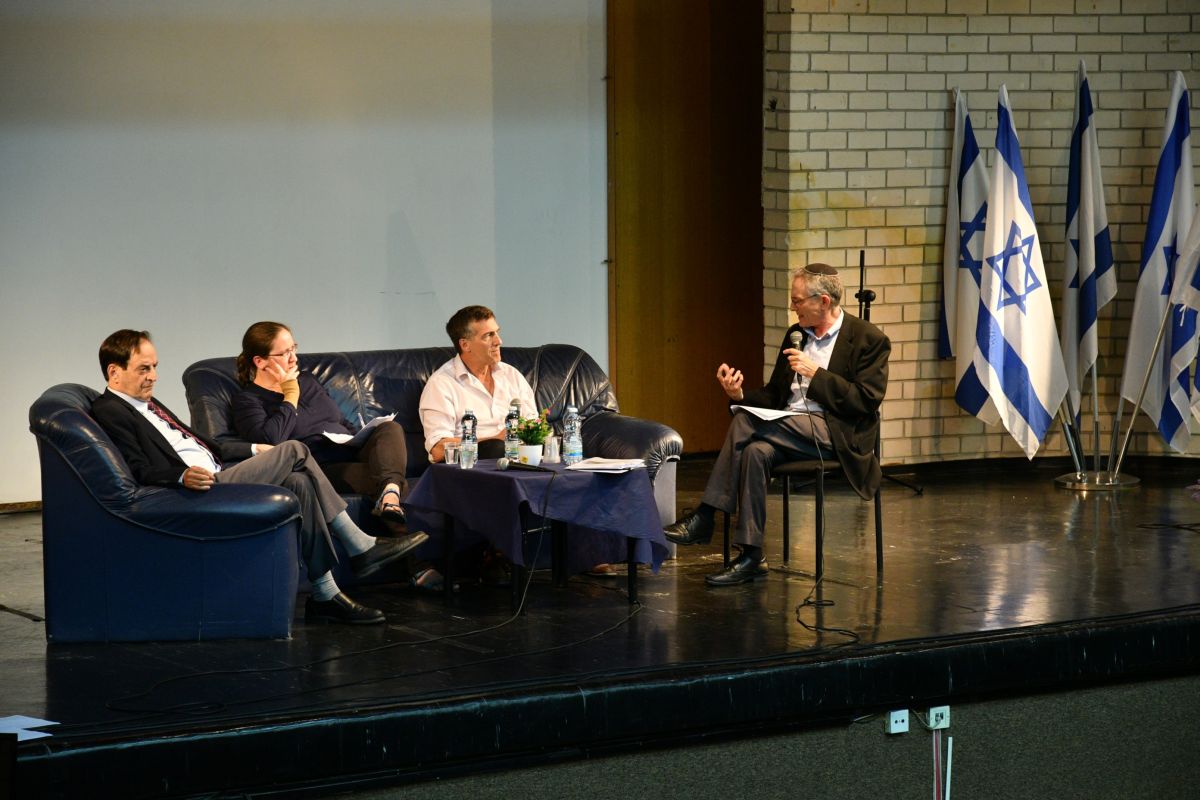

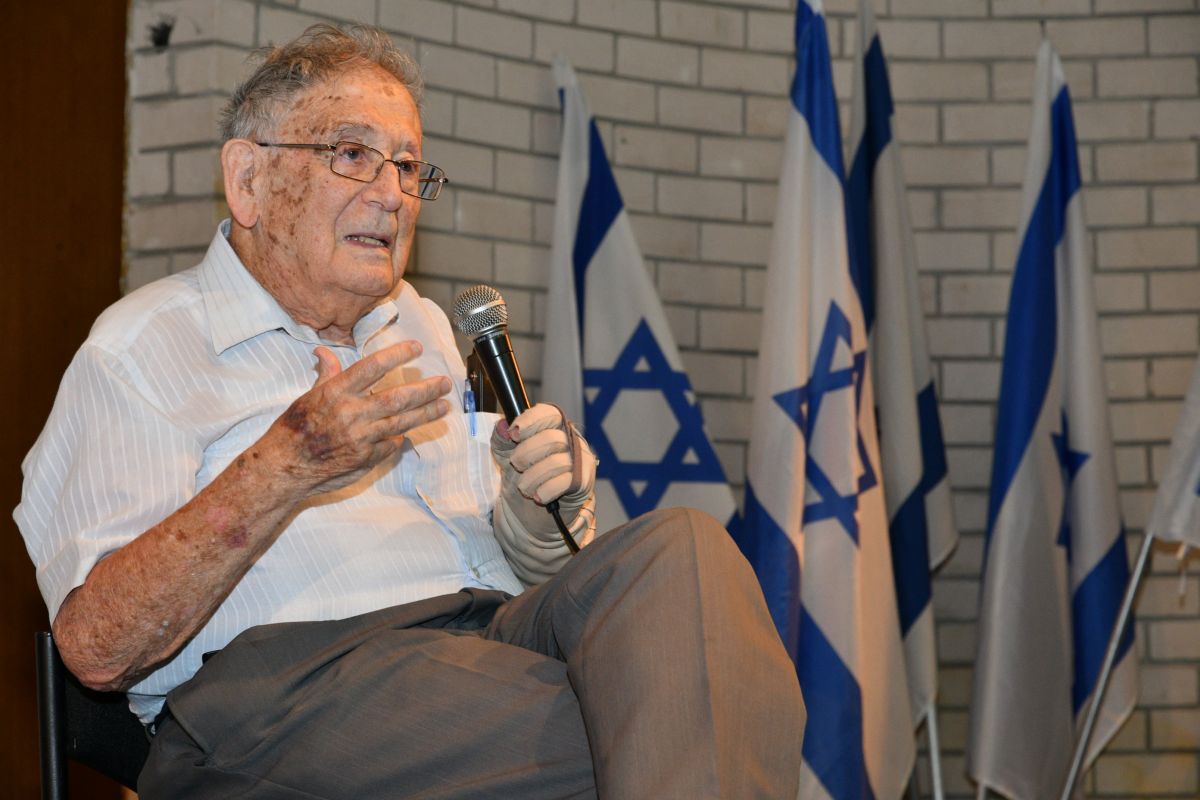

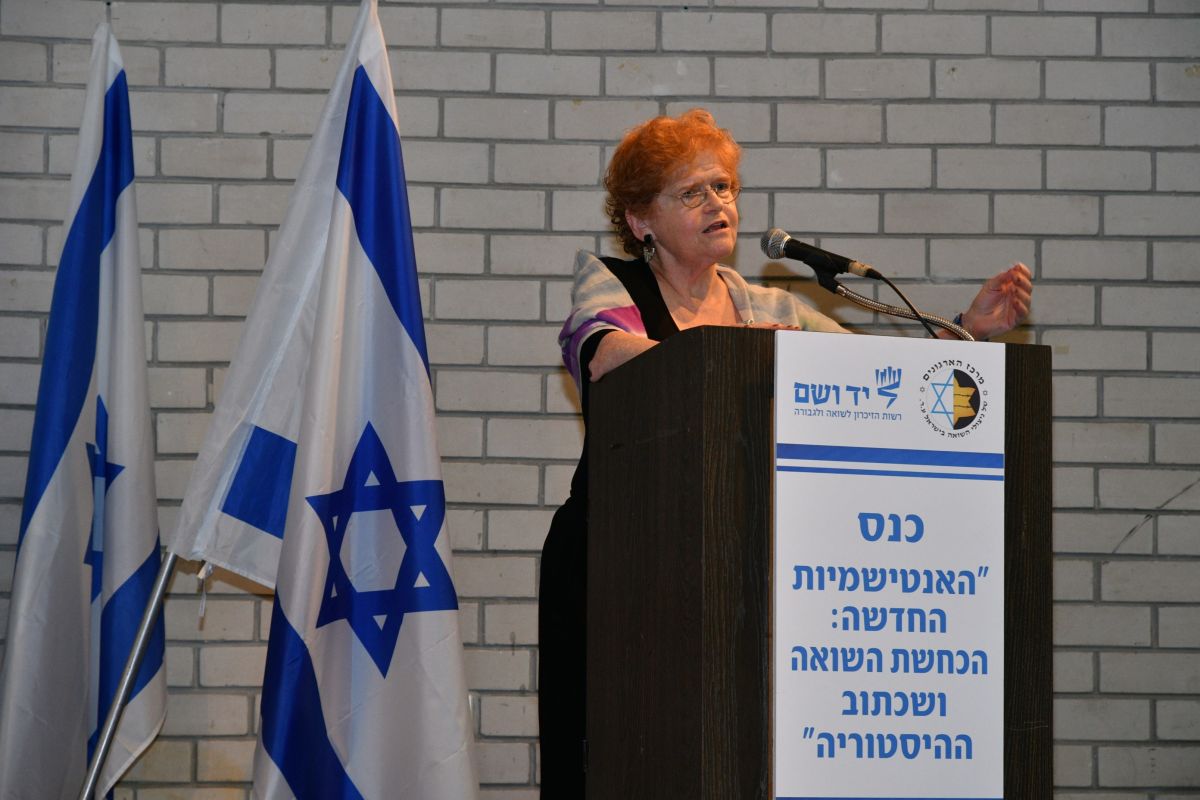
Yad Vashem

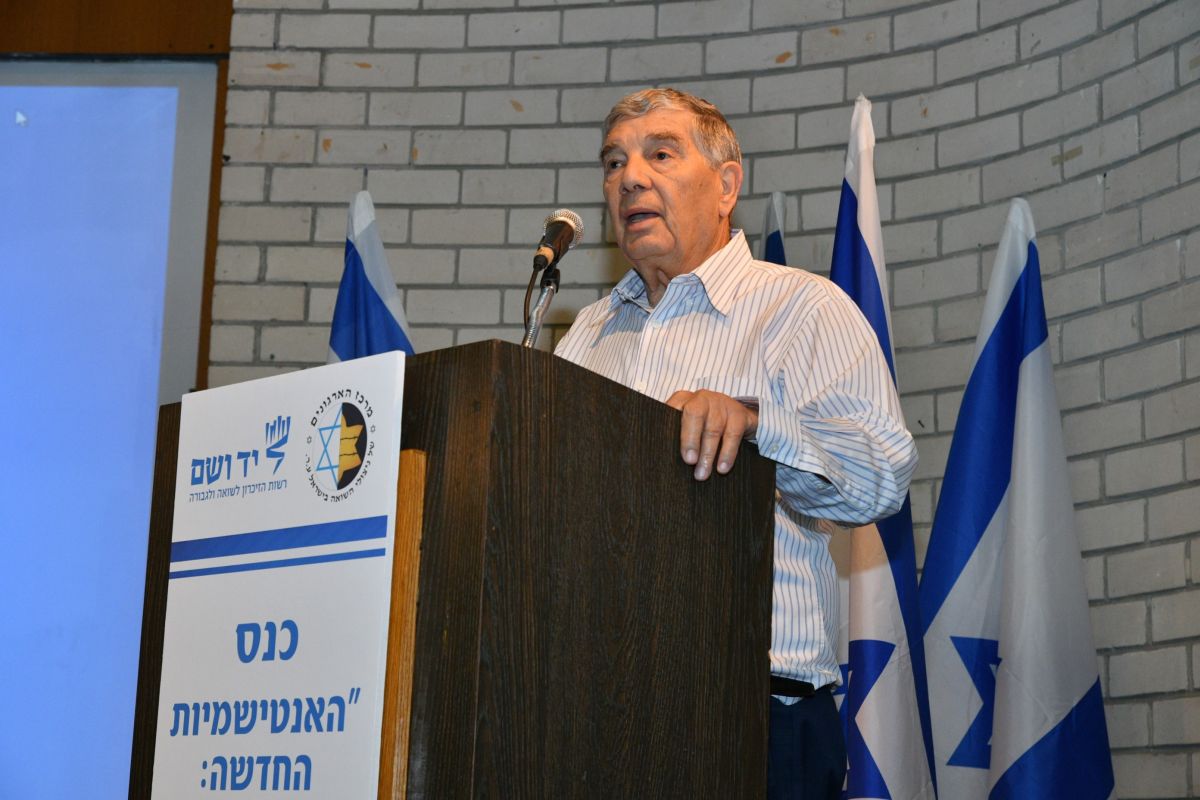

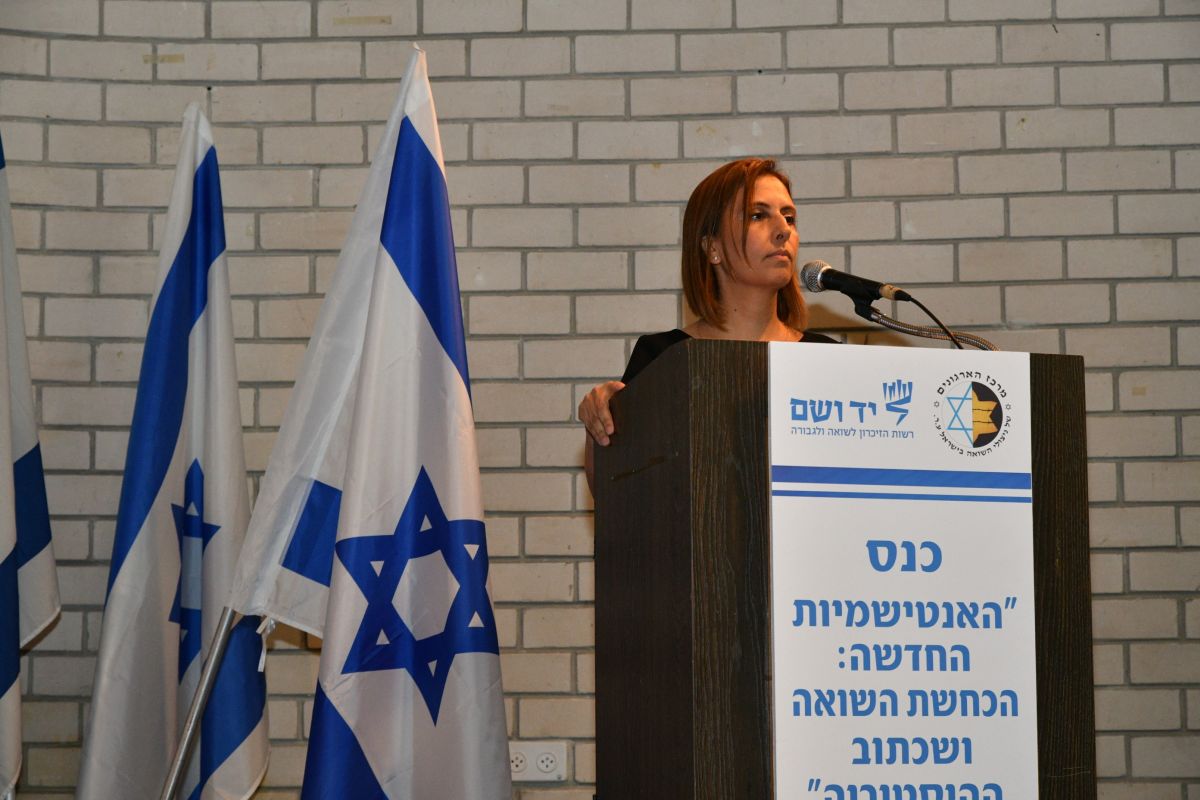

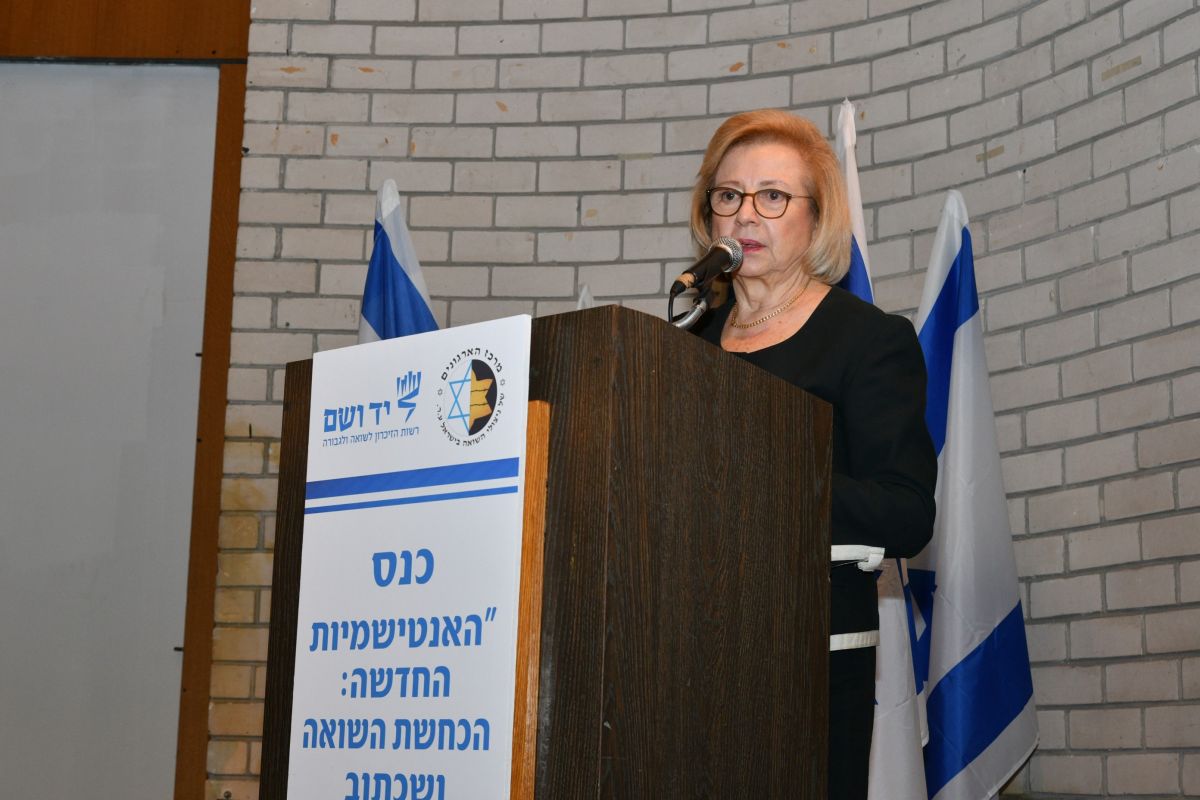
Yad Vashem







